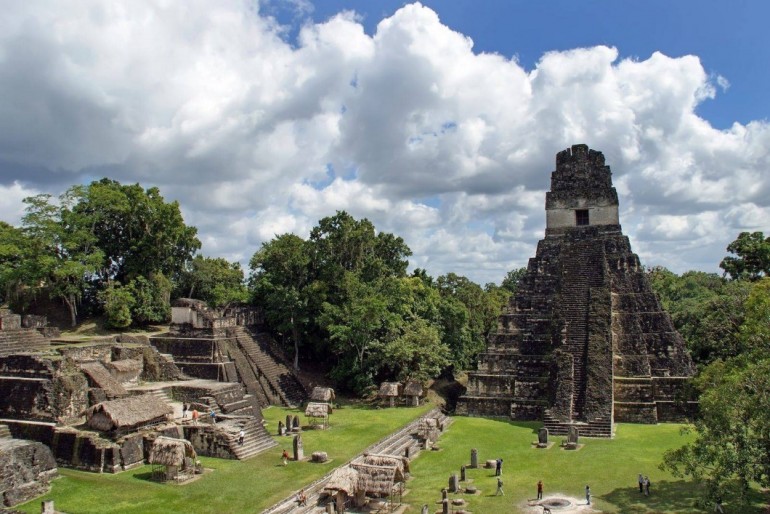Sponsored Listings:
Further development of infrastructure, reducing the image of an unsafe destination, and attracting tourists for longer stays are the main challenges of the tourism sector in Guatemala.
The Guatemalan Tourism Institute (Inguat) recorded positive growth of 11 percent in tourism numbers in 2017. There were 2.1 million nonresident visitors – 1.6 million tourists and 453,673 one-day travelers. Last year there were 207,075 more visits than in 2016. Furthermore, US$1.2 million revenue of the tourism sector is estimated.
The upturn in tourism is also observed in the regions. El Salvador reported a 9.5 percent growth. The tourism authorities estimate an income of US$1.2 million in 2017 just in international tourism (2.2 million visitors).
The president of the Guatemalan Chamber of Tourism (Camtur), Luis Rey, indicated that this is positive growth which is the fruit of the master plan of sustainable development that the country has. But he added that improvements must be performed in the road system because the road network is deteriorated. Also, they must improve the security, from a comprehensive point of view, not just concerning tourists, but the general perception of insecurity in the country.
The State Department of the United States updated the recommendations to their citizens of reconsidering visiting the country due to the violence and crime they would be exposed to, which according to Rey does affect the whole tourism sector in Guatemala and the economy in general. After the alert, there were groups of tourists that cancelled their trip to the country.
Rey said one of the tourism barriers are the high airplane fees as well. The director of the Inguat, Jorge Mario Chajón, said that there are two airplane lines from Canada and one from Europe with which they are negotiating their possible arrival to the country.
Besides the number of tourists, the challenge is to increase the number of days they stay in the country, and that is a different marketing effort, but for that is required the development of more destinations, according to Alfonso Muralles , the director of the Sustainable Tourism Commission, of the Guatemalan Exporters Association (Agexport).
He commented that, even though countries like El Salvador, Nicaragua or Panama, can reach 2 million tourists, the average stay is between two or three nights, whilst in Guatemala it is five, which is an advantage.
He highlighted that the country has attractions, that are not easily accessed, for example, Semuc Champey, which may be even declared a world heritage site, and with that be placed on the tourist map, much the same as Takalik Abaj.
To Muralles, Costa Rica, unlike Guatemala, has as an advantage that it is not qualified as a high risk country, and there are no road blocks.
Chajón admitted that countries such as Honduras have made very important efforts, since they have a strong country brand, they have made efforts to attract air flights and they have a cruise port.
“Guatemala was left behind in terms of infrastructure, we don’t have a cruise port, we have an airport with deficiencies, roads with deficiencies and tourist attractions that have deficiencies because they have been abandoned for years,” he stated.
He commented that last year they participated in a seminar about investments of the World Tourism Organization (OM) in Costa Rica, and they invited officials of the Ministry of Finance, the Superintendent of Tax Administration and Congress; now they evaluate a common initiative.
According to data from the OMT, in 2016 Guatemala was placed in the third place with more international tourism upon receiving 1.5 million tourists, surpassed by Costa Rica (2.9 millions) and Panama (2 millions). Regarding income generation it registered US$1.5 million, always surpassed by Panama with US$4.2 million and Costa Rica with US$3.8 million.
Source: tourism-review.com










